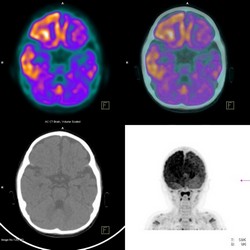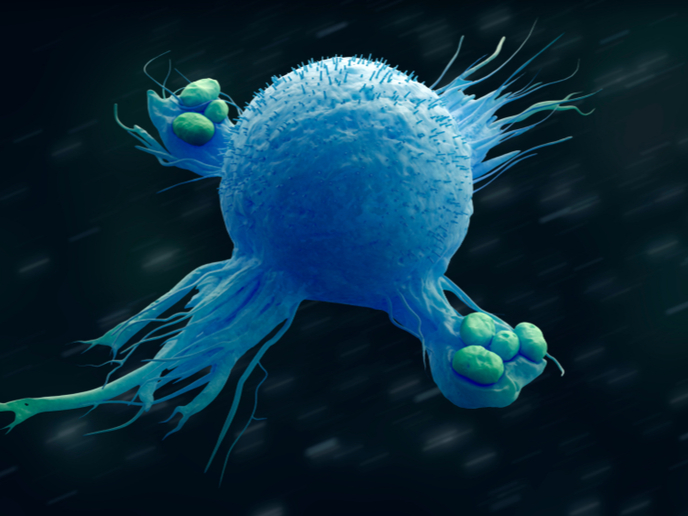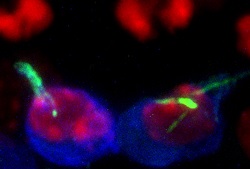Gene therapy for epilepsy
Epilepsy is a chronic neurological condition characterised by seizures. Unfortunately, in almost 40 % of cases, current medications fail to treat seizures, indicating a need for novel therapies. Project partners with the requisite complementary expertise joined forces under the aegis of the EU-funded EPIXCHANGE(opens in new window) (Innovative gene therapies for epilepsy treatment) project and addressed this issue by developing unconventional therapies for the treatment of epilepsy. These strategies entailed either the administration of encapsulated cells or viral vectors for the delivery of therapeutic factors. To begin with, members acquired technical know-how and technology transfer knowledge via nine secondments among the three consortium members. Furthermore, EPIXCHANGE recruited three experienced researchers to address any gaps in knowledge. Scientists generated cell lines that produce and release neurotransmitter molecules capable of stopping epileptic seizures. These cells were encapsulated for delivery to the epileptic brain. Viral vectors were also produced that can modulate the local expression of various factors to prevent epilepsy. Their efficacy was tested in experimental animal models of epilepsy. Study outcomes revealed that encapsulated cells producing or releasing brain-derived neurotrophic factor dramatically reduced spontaneous seizures by over 70 %. They also noticed a reduction in epilepsy co-morbidities such as anxiety, depression and cognitive impairment. Project outcomes were published in peer-reviewed scientific journals. During the project, six workshops were organised. Topics ranged from animal models of epilepsy to safety of gene and cell therapy products as well as gene transfer in the central nervous system (CNS). Importance was also given to regulations relevant to the implementation of gene and cell therapies in first-in-man clinical studies. EPIXCHANGE is currently scaling up to prepare for future first-in-man clinical studies. Dissemination of the project activities through the website, social media, leaflet and local media coverage raised public awareness regarding the hot topic of gene therapy in CNS. Special oral- and lab-based presentations to local high school students were a further step to communicate the importance of research to society.







